The International Baccalaureate®
As an authorized International Baccalaureate® (IB) World School, we have proudly offered the IB Primary Years Programme since 2013 and the IB Diploma Programme since 2018.
What is an IB education?


The IB continuum of international education is unique because of its academic and personal rigor. We challenge students to excel in their studies and in their personal growth. We aim to inspire a quest for learning throughout life that is marked by enthusiasm and empathy.
IB programmes go beyond traditional education. They are designed to develop well-rounded students with character who respond to challenges with optimism and an open mind, are confident in their own identities, make ethical decisions, join with others in celebrating our common humanity, and are prepared to apply what they learn in real-world situations.
The IB approach revolves around four key pillars, each essential to the heart of all IB programmes:
- International-mindedness
- The IB Learner Profile
- A Broad and Balanced Curriculum
- Approaches to Teaching and Learning
International-mindedness
The IB Learner Profile
 The IB Learner Profile describes a broad range of human capacities and responsibilities that go beyond academic success. Each of the IB’s programmes is committed to the development of students according to the IB learner profile. The profile aims to develop learners who are:
The IB Learner Profile describes a broad range of human capacities and responsibilities that go beyond academic success. Each of the IB’s programmes is committed to the development of students according to the IB learner profile. The profile aims to develop learners who are:
- Inquirers
- Knowledgeable
- Thinkers
- Communicators
- Principled
- Open-minded
- Caring
- Risk-takers
A Broad and Balanced Curriculum
IB programmes highlight the importance of helping students connect their learning to the world around them, exploring the relationships between different subjects, and understanding the world in ways that go beyond individual topics.
| PRIMARY YEARS PROGRAMME (PYP) | MIDDLE YEARS PROGRAMME (MYP) | DIPLOMA PROGRAMME (DP) | ||
 |
 |
 |
||
| The key themes include: who we are; where we are in place and time; how we express ourselves; how the world works; how we organize ourselves; sharing the planet. | The key themes include: identities and relationships; personal and cultural expression; orientation in space and time; scientific and technical innovation; fairness and development; globalization and sustainability. | The curriculum consists of six subject groups and the three elements of the DP core: Theory of knowledge (TOK), Creativity, Activity, Service (CAS), and Extended Essay (EE). |
All IB programmes also require the completion of a culminating project:
- the PYP Exhibition;
- the MYP Personal Project;
- the DP Extended Essay.
These projects provide an opportunity for students to both deepen and showcase their knowledge, understandings and skills, and to celebrate their learning journeys.
Approaches to Teaching and Learning
Built upon the latest educational research, the IB’s six Approaches to Teaching and five Approaches to Learning serve as essential guides for teachers and students in IB World Schools. With these approaches, teachers have the flexibility to select strategies that align with their unique contexts and the requirements of their students. Our focus on approaches to learning is grounded in the belief that learning how to learn is fundamental to a student’s education.


Graphics credit: Chris Gadbury





